Guten Tag! Or as they say in Hamburg, Moin!
We have been so busy over here between school, teaching, and being tourists (as I’m sure you can tell by this very late blog post), but it has been an amazing experience so far! Dan, Katherine, and I (Michaella) got together to compile a few highlights of our trip and some insights for you future TABbers about what life has been like for us in Hamburg…

Activities
A highlight of the first month has definitely been the time we’ve spent with our liaisons from the Universitat Hamburg and the activities they organized for us. There are 3 big outings they planned for us during our time here, and they chose them based on our interests, which was amazing!! We have done two of them so far in this first month, as well as an orientation and a class on the German school system during our first week (which ended up being really helpful and interesting!).
The first activity was Dialog im Stillen (Dialogue in Silence), which was a sort of immersion into the experience of using the body and body language as communication, led by folks who are deaf/hard of hearing. It was quite a fun and interesting experience which we all found resonated even stronger with us being in Germany, as we have all had to use our fair share of body language while trying to communicate! Afterwards they took us to an amazing vegan Vietnamese restaurant, where we got to chat more about the program and get to know our liaisons better.
The second was a walking tour of street art and graffiti in Hamburg, and while Quinn and Jess were both unfortunately very sick that week and couldn’t attend, the three rest of us found it surprisingly really cool. Our tour guide was an architect and past aspiring graffiti artist who was incredibly passionate and knowledgeable, so we learned a lot about the history, community, and subculture within the street art scene in Hamburg. Fun fact: contrary to common belief Graffiti isn’t just vandalism! We learned about a Hamburg legacy named Oz, who used street art as a way to commemorate those murderd in the Holocaust and as an expression of remorse for his parents actions (they were Nazis). We were also accompanied by Dr. Colleen Kawalilak since she was in town, and got to meet Claus, the head of International Students at the Universitat Hamburg.
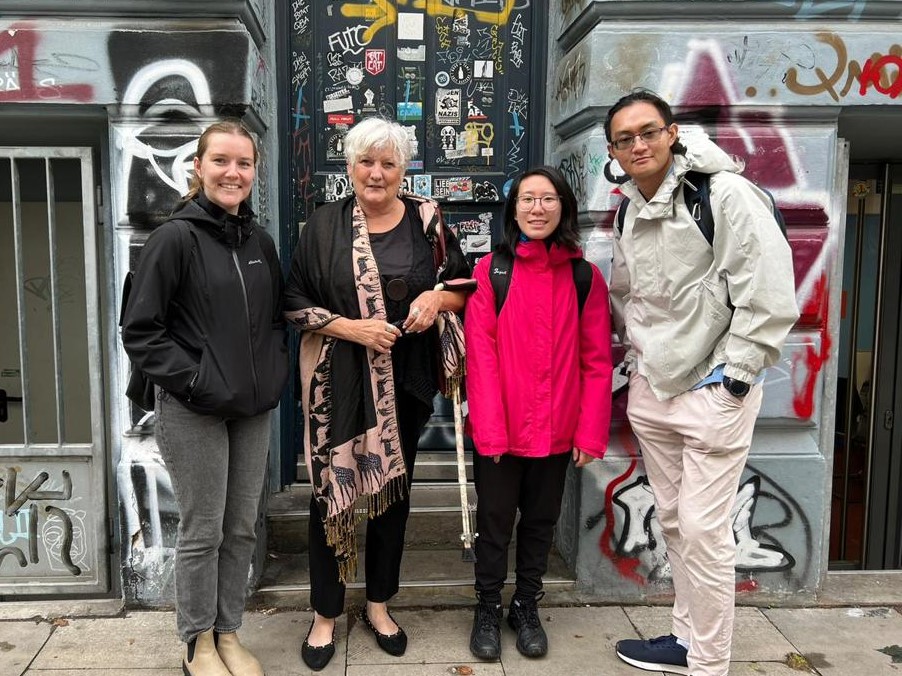
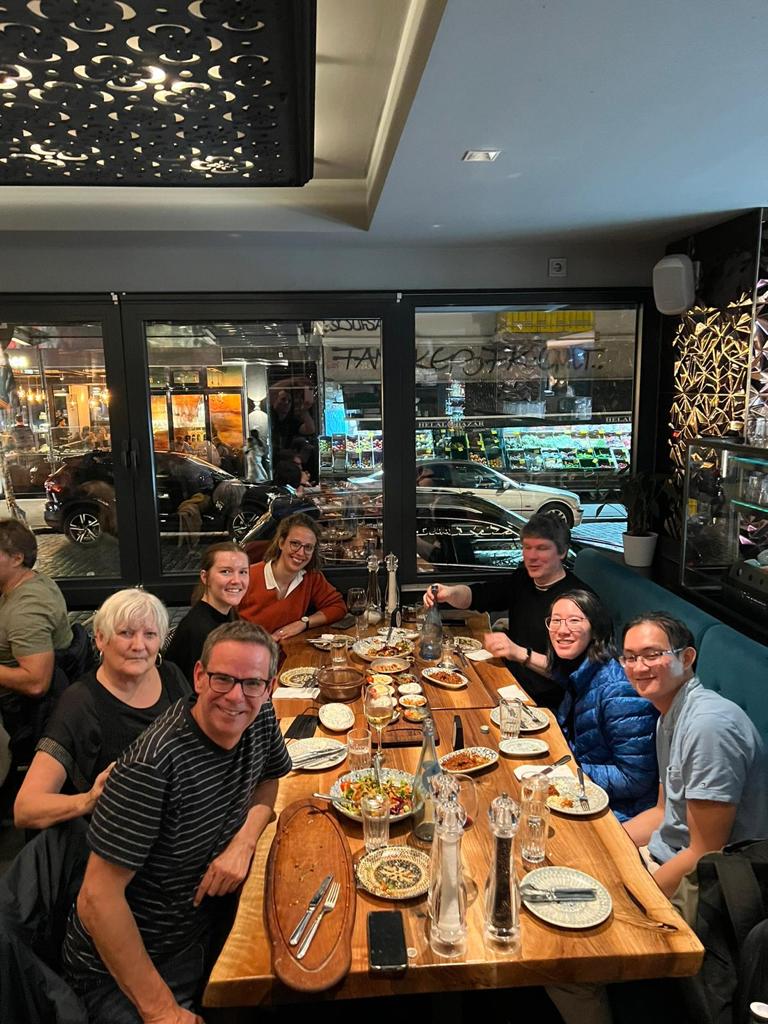

We were also very fortunate to get to experience the port anniversary (Hafengeburtstag) here in Hamburg which is usually celebrated in May, but because of COVID it was postponed to September (one good thing to come out of COVID ha). It was the 833rd anniversary of the port of Hamburg being customs-free, which is crazy to us coming from Canada! It was a big fair with some small rides for children and a TON of food vendors, live music, and beer gardens, as well as packed full of people (think Stampede fairgrounds but along the water).


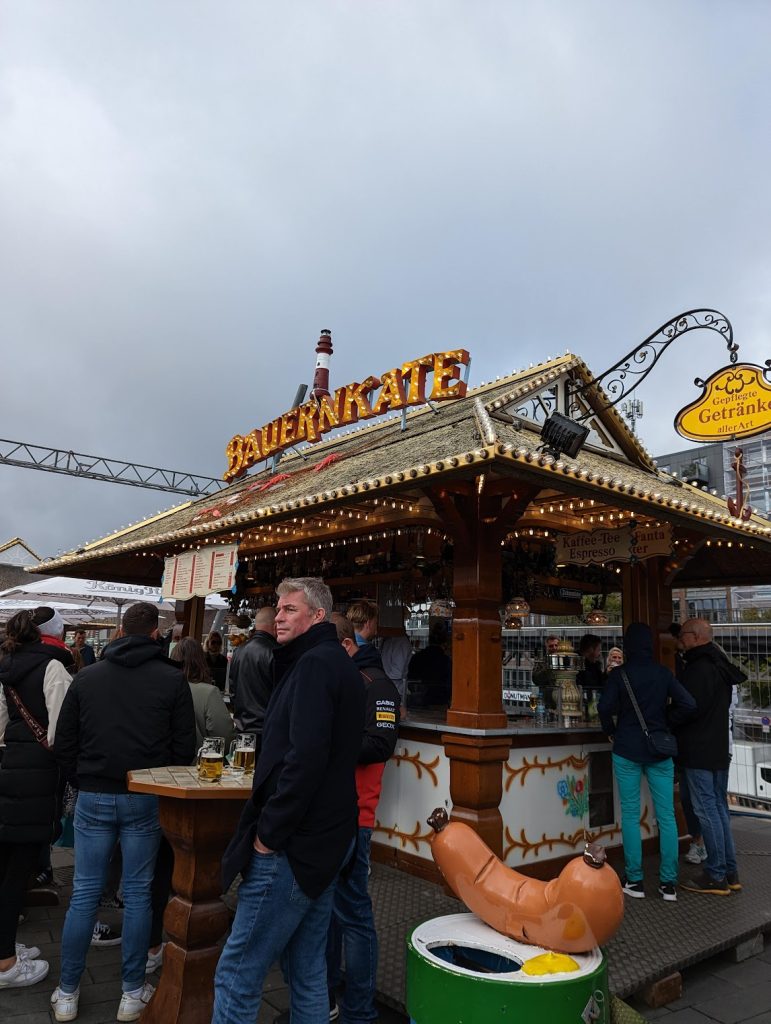


Logistics
Some things to note about preparing for Hamburg with Teaching across Borders: One of the biggest challenges we all faced has been either finding accommodations, or finding accommodations within a reasonable commuting distance. Hamburg is a big place and you could get placed anywhere from the city center, South in Harburg, East in Farmsen, or possibly in the future, across the river in Finkenwerder! Thankfully, the transit system is really expansive and you can go from one end of the city to the other in under 2 hours. Speaking of, my commute is about an hour to an hour and a half, but it’s not so bad as most train stations and buses all have free wifi, but the transit pass does cost a pretty penny. I’m glad the University of Hamburg liaisons gave us a discount voucher for our monthly passes. If you’re willing to wait until you get your school placement to find accommodation you might be able to avoid the super long commutes, however the longer you wait the far more expensive housing gets. Also housing is in high demand in Hamburg (even the locals agree) so I would recommend you find one as soon as you can, and as close to either the city centre and/or an S-Bahn station as possible.
On the topic of wifi and data, staying connected in Hamburg can be pretty inexpensive, but also a bit of a hassle. You can buy prepaid SIM cards at the grocery store for about 10 euros for 10 gigabytes of data, even more if you get the welcome packages! However, getting started is easier than keeping the phone plans going- I think all of us have had some kind of trouble topping up our prepaid SIM cards. I (Dan) went through a week without data trying to save some euros to top up online and others spent so much money trying to top up, so I decided to just get a new SIM card from a different carrier and it was so much easier with so much data since I got a new welcome bonus!
Also, the University here doesn’t actually start until mid-October, so there weren’t many opportunities for us to meet other students that way. Our liaison sent us a link to sign up for activities and orientations geared towards international students, but they didn’t start until early October, so in this sense making friends with the locals has been a little challenging., But, we did manage to form some connections with some of the younger teachers working in our schools, which led us to get to meet their friends and hang out with them outside of class times, which has been so nice! Hanging out around the city with someone who lives there is a totally different experience!
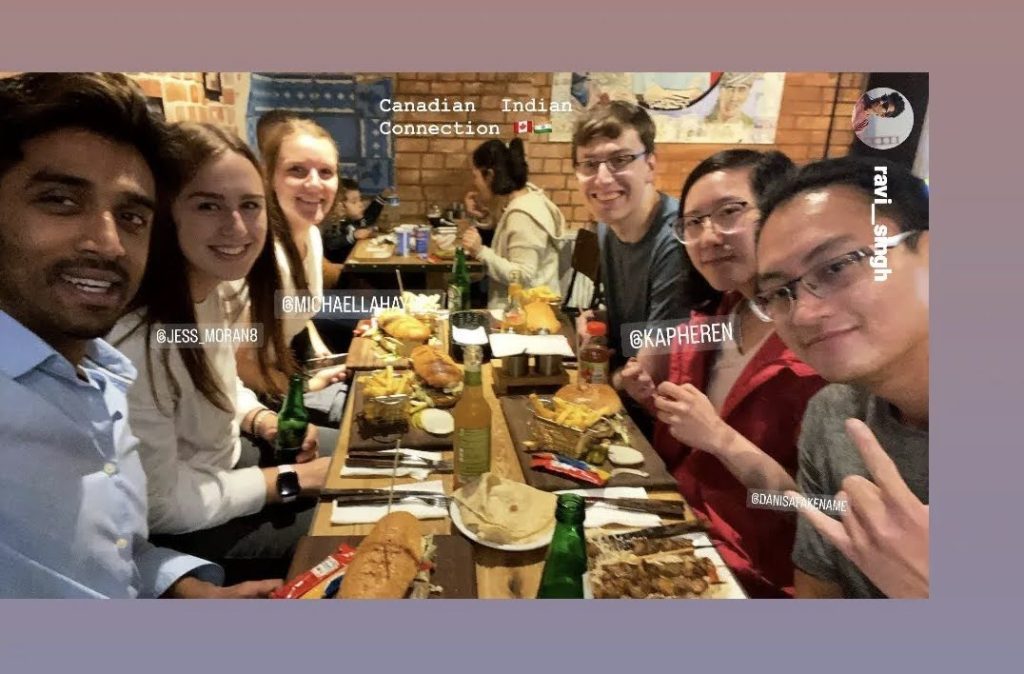
One last thing to note, while knowing German is not completely necessary, we all STRONGLY recommend you spend some time learning the language before coming. Most people can communicate in English (as it is a requirement for all students in Germany from Grade 1), and our teaching experiences are mostly in English classes where students are expected to speak predominantly (if not exclusively) in English, however not all teachers at the schools or people in stores and restaurants can speak it. From a teaching perspective, you also get those kids who realize you can’t speak German and instantly use it as an excuse to misbehave and not listen to you, so even just being able to say you speak a little bit helps that authority aspect. Not to mention, there is something very humbling about constantly having to ask people “sprechen ze English?” every time they talk to you…
Our time here is flying by SO quickly, and there is so much left we have yet to experience!
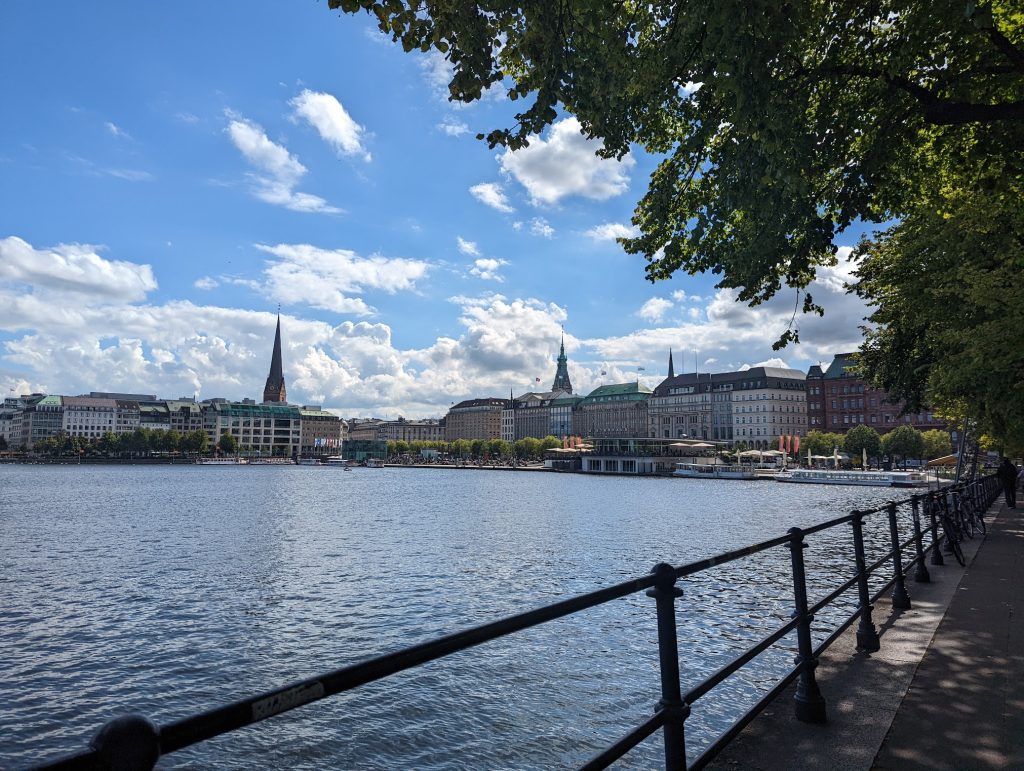
Signing off until next time,
Michaella, Katherine, & Daniel